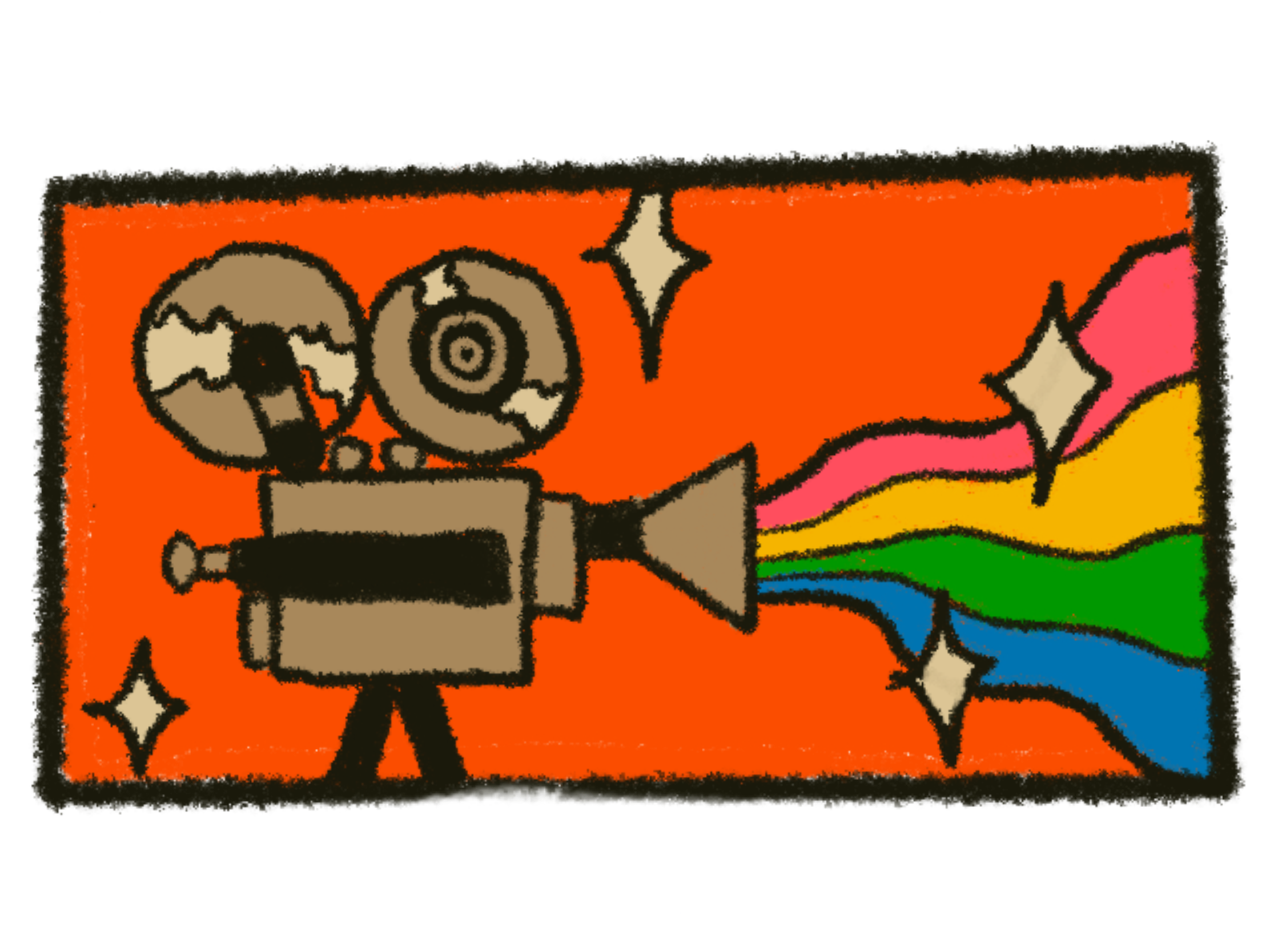
On August 4th, 2022, every terminally online person including myself opened their Twitter feed to find some very disconcerting news. Two popular streaming services — er, scratch that — the popular streaming service HBO Max and some completely niche, underground streaming service called Discovery+ swore a sacred oath before God to love each other always, both in sickness and health. In other words, the two conglomerates announced a merger of their services set to occur sometime in 2023. We likely would’ve objected to this marriage of inconvenience ahead of time had they given us the opportunity, but the immediate retaliation that followed Warner Brothers’ decision was heard loud and clear regardless. Not even a full day after the merger’s announcement Warner Brothers stock fell by almost 20%, which is considerable even if you’re a mega-corporation with nearly unlimited cash at your disposal. As of October 2022, it’s fallen almost 50% compared to where it was at the beginning of the year, according to the LA Times. Let’s all hope that whichever health insurance plan the Warner Brothers PR team has includes therapy, because they’re gonna need it.
So, why the backlash? It’s not like we ALL have a stake in Warner Brothers stock — at the very least I don’t, I’m a cool guy who has no idea what the economy is or how money works. Rather, the collective outcry stems from the platform’s erasure of roughly 40 series previously hosted on HBO, half of which were network exclusives with no (or extremely limited) physical releases to speak of — some examples include Mao Mao: Heroes of Pure Heart, OK K.O.! Let’s Be Heroes and Infinity Train. Both Mao Mao and OK K.O.! have been left with no licensed way to watch, buy or stream either of the shows at the time of writing, whereas Infinity Train has a physical release of its first season on DVD but nothing further than that. As you can probably surmise, the people behind these animated shows got the worst possible deal from the merger. On top of everything else, none of the creators were warned or allowed any input regarding the fate of their work from HBO or Warner Brothers directly; most initially heard the news through fans on social media. Talk about adding insult to injury!
I won’t sugarcoat things; the news is bleak, especially for people beginning to work their way into the entertainment or animation industries right now. I speak as one of these people, and I’m sure it’s not a stretch to assume a portion of AMP’s readership is in a similar boat. Truthfully, we’re living in an age of alienation between the individual and the media they consume. There’s no real ownership happening when you pay for a subscription, at least not in a traditional sense. I mean really, there’s no way I’m the only person who thinks it’s backwards to pay Spotify $10 a month only to wake up and see that my Daredevil playlist consisting entirely of Ayesha Erotica songs has been nuked from the platform — wait, no? That’s not a universal experience? In any case just take my word for it, it’s unbelievably annoying.
Most people don’t consider how quickly streaming has dominated entertainment, especially with how many of us depend on it now. Streaming first emerged when Netflix began offering a “watch now” option in 2007, allowing users to stream rental videos at home instead of ordering them through the mail. Predictably, once the entertainment industry caught wind of what was developing over at Netflix, the tidal wave of streaming platforms couldn’t be quelled. In 2012, there were roughly twenty streaming services available globally; a decade later in 2022, that number has increased to over two hundred platforms worldwide. With a 900% increase in streaming availability in only ten years, it’s easy to see how we could forget our roots.
But do not fret, ye of little faith! It turns out that the real treasure wasn’t the friends we made along the way, but the CDs we stole from our parents all along: physical media! The age of DVD shelves bigger than your dining room table. The good ol’ days when you’d shoulder the unbearable weight of being a 7-year-old child by popping a VeggieTales movie into your VHS player and forgetting your earthly troubles for an hour or two. I suggest that those days aren’t as far behind us as we may think.
While collecting physical media might be harder on your living space, it’s a lot easier on your wallet in the long run. You’re paying for something only once— a phenomenon which seems almost rare nowadays. Alternatively, if you have better uses for your space but still want to preserve your favorite media, you can always donate to your library or better yet ask the library to purchase something on your behalf! The only difference between a public library and a personal one is that the former is funded by the city. Although if anyone knows how I can schmooze the city into funding my personal library please let me know; I’m strapped for cash and I’m in severe need of more bookshelves right now.
Ultimately, there’s a lesson to take away from this. It’s best not to put all our eggs in one basket, especially if that basket is asking for a 5–10-dollar contribution every month. This isn’t to say that you should avoid streaming altogether, it certainly has its advantages! Cloud storage and curated suggestions can be an invaluable resource, but it doesn’t change the fact that nothing replaces a physical release. When we rely on corporations to curate our media for us, we’re paying them to decide what happens to our favorite content. To guarantee the longevity of streaming-exclusive series, it’s best to take exclusivity out of the equation entirely. The money we invest solely in streaming isn’t being used to physically produce media; this creates an idea that there’s no demand for physical releases at all. We’re all aware that this is incredibly far from the truth.
So, what’s the remedy? Curate a personal collection of your favorite content if you’re inclined to do so! If not, try supporting local institutions like libraries so they can curate it for you instead! Think about investing in things that can play media without a paywall or internet access, like DVD, CD, MP3, or vinyl players. A demand for these things will (at least, in theory) cause a resurgence in their popularity and hopefully their production as a result. It’s not absurd to imagine that we can avoid scenarios like the ones discussed above in the future. Personally, the last thing I’d want to experience as a creator is waking up one day to discover that my life’s work has just been vaporized from all TV networks, streaming platforms, and/or websites that hosted it without any warning or assurance that it can be recovered at all. This hurts artists, fans, and the platforms themselves when trust from users is irreparably damaged.
With all that in mind, go forth, newly ordained material girls! (Disclaimer: ‘material girl’ is a state of being and has no bearing on gender; if your dad collects vinyl then he’s certifiably a material girl.) Be the curator you wish to see in the world! Bring honor to those of us with bookshelves heavier than the Titanic and MP3 players that lag due to the volume of songs on them. Make it so that I never have to experience a teenager asking me what a cassette tape is ever again. If diamonds are a girl’s best friend, then the Kung Fu Panda trilogy on Blu-ray is MY best friend and no corporation can take that away from me.

Comments